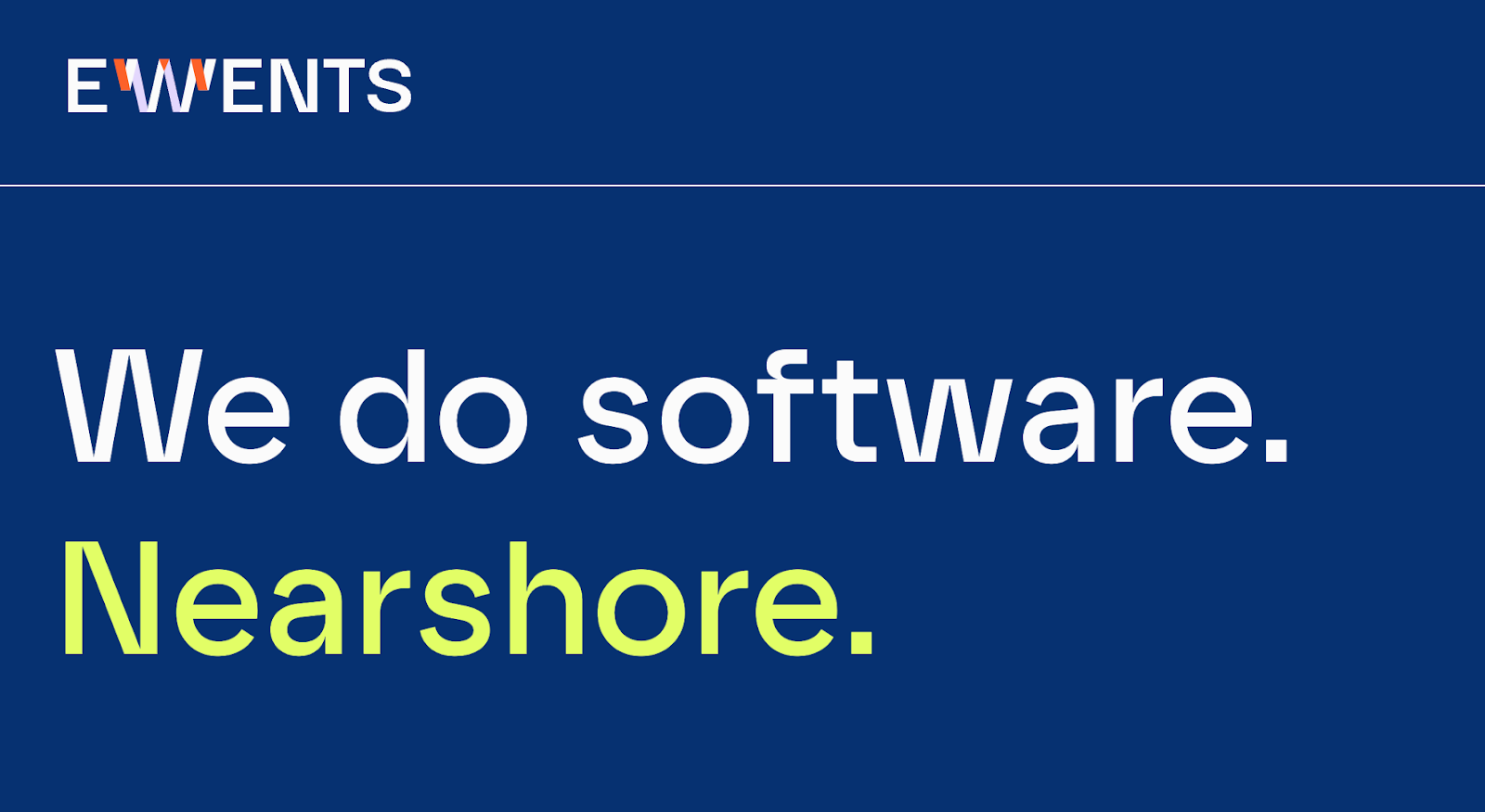What’s the Best Path to Becoming a Software Engineer: University or Self-Taught?

Deciding between going to university or taking the self-taught route to become a software engineer is a big deal. It’s like standing at a crossroads, figuring out which path will take you to your dream job faster, better, or making you more money. Both have their merits, but let’s take a closer look at the downsides of the university route and why more people are skipping the lecture halls and diving straight into coding bootcamps, online courses, or just hitting up YouTube and GitHub coding challenges.
University: A Long (and Sometimes Frustrating) Road
College Takes Forever
In most countries, getting a degree in software engineering takes anywhere from 4 to 7 years. That’s a lot of time. Time that could be spent building projects, mastering real-world coding skills, or even launching your first app. Instead, you’re stuck in lecture halls, going through mountains of theory—half of which you’ll never touch again in your career.
Sure, understanding algorithms and databases is useful, but do you really need to spend an entire semester on Calculus III? Unless you’re dreaming of designing rockets, solving triple integrals won’t help you debug JavaScript or build an API.
The “Why Am I Learning This?” Factor
If you’ve ever talked to a university student studying software engineering, you’ve probably heard the complaints: Chemistry labs? Why? Philosophy essays? Seriously?
You end up wondering why your curriculum is filled with subjects that have nothing to do with writing code. You might get a few interesting CS courses—algorithms, databases, maybe some networking—but those usually come after you’ve slogged through two or three years of general engineering classes.
The System Needs a Makeover
One of the biggest concerns about universities is how they structure their plans of study. Schools typically throw all the foundational math and physics courses at you in the first couple of years and leave the actual coding for later. Total waste of time.
Imagine if universities flipped the script: start with coding, then let students decide if they want to dive deeper into theoretical topics. That way, you know early on whether you even like programming instead of grinding through coursework that feels unrelated.
Slave-programmed to Become an Employee

Let’s face it: Universities are great at preparing you to be an employee. You get taught how to follow processes, work in teams, and solve problems within a framework. But what if you want to start your own tech company? That’s a whole different skill set that universities rarely teach.
To build a business, you need to know waaaay more than just coding. There are many things no one tells you about becoming an entrepreneur: Do you know how to set up an LLC? What about accounting and taxes? You must also understand how to pitch ideas, attract investors, and manage a team. You can’t just be a geek sitting in front of a computer all day; you must know how to communicate properly to convince others to follow your plans and make your ideas a reality.
Degrees Aren’t the “Golden Ticket” They Used to Be
One of the most demoralizing feelings after graduation is the sense that all your effort might have been a waste of time. Your college diploma is basically trash.

Many companies no longer care if you have a degree. Tech giants like Google, Apple, Tesla, IBM, and Netflix have all publicly stated they hire skilled programmers regardless of whether they went to university. What they do care about is your portfolio—what you’ve built, the code you’ve written, and the projects you’ve completed. So, while your diploma might look nice on a wall, your GitHub profile might carry way more weight.
What Are the REAL Benefits of Going to University That No One Tells You About?

While there’s a lot to criticize about the traditional university path, it’s not all bad. In fact, there are some overlooked advantages to getting a degree in software engineering that you might not hear about very often. Let’s break them down:
1) The Mental Math Framework
Engineering school rewires your brain. It teaches you to break complex problems into smaller, manageable chunks—sometimes even into numbers. You’ll find yourself calculating odds for random life scenarios, like whether a box of chocolates gives you a 40% chance of making up with your partner after a fight. This mental framework is incredibly useful when debugging code or optimizing performance in real-world projects.
2) Climbing the Corporate Ladder
Dreaming of becoming a CTO or VP of Engineering at a Fortune 500 company? A degree can make that climb a little easier. While many companies are happy to hire self-taught developers, when it comes to promotions into high-level positions, HR departments often lean toward candidates with formal education, especially for roles where leadership and representation are key.
3) Visa Sponsorships and Immigration Points
Want to work abroad? A university degree can be your ticket. Many countries, like Canada and Australia, use points-based immigration systems that favor applicants with higher education. A degree might also be required to qualify for work visa sponsorships, especially in countries that actively recruit high-skilled tech workers.

4) A Pathway to Advanced Degrees
Even if you don’t see yourself pursuing a master’s or Ph.D. right now, having a bachelor’s degree keeps that door open. Advanced programs can help you dive into cutting-edge research, specialize in niche areas of computer science, or even transition into academia if you ever want to teach or become a researcher.
5) Learning Topics You’d Never Study on Your Own
Let’s be real: as a self-taught programmer, you’ll probably skip over certain subjects that don’t seem immediately useful. But some of these topics—like operating systems, compiler design, or advanced algorithms—can make you a much stronger and more versatile programmer in the long run. University forces you to learn them, even if they’re not glamorous or easy.
6) Resilience That Speaks Volumes
Earning an engineering degree is no walk in the park. It’s long, grueling, and often full of moments where quitting seems easier. But if you stick it out, it shows a level of resilience that other engineers, especially hiring managers, recognize and respect. Completing that journey proves you’ve got grit—a quality that’s invaluable in the tech industry.
The Self-Taught Path: A Realistic Alternative
Instead of spending years in school, you can dive straight into coding. Online resources like freeCodeCamp, Codecademy, and Udemy make it easy to learn at your own pace. You can pick up the exact skills you need for the kind of projects you want to build.
Being self-taught also lets you start building your portfolio right away. Whether it’s a personal website, an open-source project, or a small freelance gig, these practical experiences often outweigh theoretical knowledge when you’re job hunting
What Ewents Recommends to Become a Software Engineer

At Ewents, we’ve worked with countless talented engineers, many of whom have taken different paths to enter the software development world. Whether you decide to go to university, teach yourself, or combine both, here’s what we believe can set you up for success in a software-related career:
1) Try Coding Before Committing to University
Before you invest years (and potentially a lot of money) into a university degree, it’s crucial to know if coding is actually something you enjoy. The best way to find out? Work on a real-world project or intern at a startup—paid or unpaid, it doesn’t matter.
Startups are especially great environments for learning because you get to wear multiple hats and experience the highs and lows of coding firsthand. Even if you’re fixing bugs, testing, or writing basic scripts, this exposure will help you understand whether software engineering is the right path for you.
2) Take Online Courses and Learn Business Skills
Yes, becoming a skilled coder is important, but it’s not enough. If you want to stand out in today’s tech world, you need to develop a broader skill set.
- Online Courses: Platforms like Udemy, Coursera, and Codecademy are excellent for learning the latest frameworks, languages, and tools that aren’t always covered in traditional curriculums.
- Public Speaking and Entrepreneurship: Coding is one thing, but understanding the business you’re in is a game-changer. Enroll in courses that teach you how to present technical ideas clearly or how startups operate. Even if you don’t become an entrepreneur, this knowledge will help you communicate effectively with non-technical people and open more career opportunities.

3) Learn Foreign Languages (Especially English if you’re in LATAM)
If you’re in Latin America, mastering English is non-negotiable. Most companies—especially international ones—conduct business in English. Knowing English can make you a more valuable engineer, help you land remote jobs, and even triple your salary in some cases.

Our Suggested English Learning Path:
- Year 1: Achieve A1 proficiency (basic)
- Year 2: Reach A2 proficiency (basic +)
- Year 3: Progress to B1 (intermediate)
- Year 4: Advance to B2 (advanced-intermediate)
- Finish school with a C1 (advanced proficiency) certificate
If possible, participate in study-abroad programs in English-speaking countries or work on international projects where English is the primary language. It’s not just about writing clean code—it’s about communicating effectively with global teams.
Choosing Ewents to Hire Bilingual Software Engineers from LATAM

Ewents is the partner you can trust to hire world-class engineering teams from LATAM. We’re a boutique nearshore software development agency based in Latin America with decades of combined experience in software design and development. Why us?
- We focus on hiring engineers who excel in their craft and are fluent in English.
- By hiring nearshore talent from LATAM through Ewents, you get the perfect balance of affordability and excellence. Our rates are $15-$60/hr which is extremely competitive for the incredible talent you’ll get.
- Our team operates in North American time zones, making collaboration seamless (we work in CST and EST time zones).
Interested in knowing more about Ewents? Contact our team.